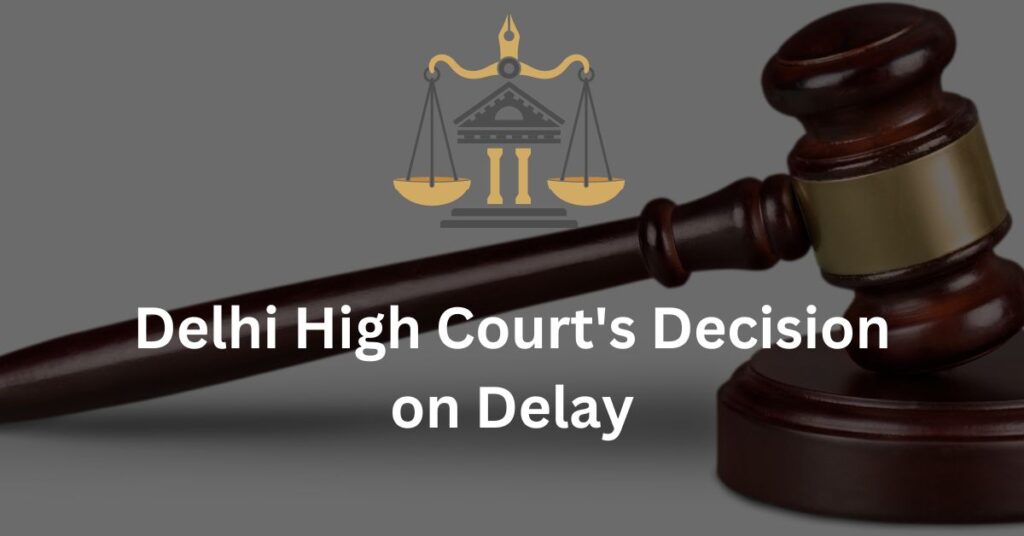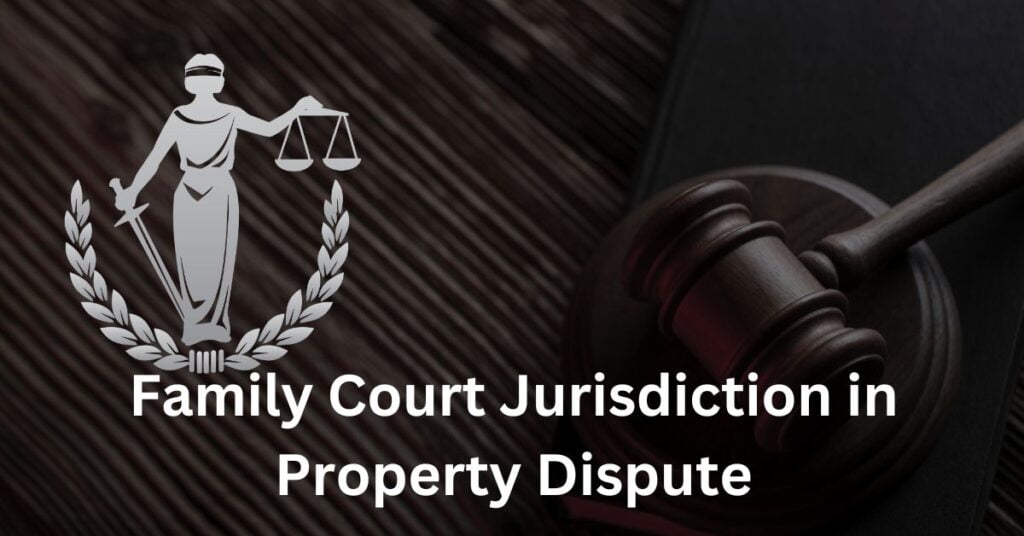New Delhi, January 31, 2024- In a significant ruling, the Delhi High Court, presided over by Justice Rajiv Shakdher and Justice Amit Bansal, addressed a contentious matter regarding the paternity of a child in a divorce case. The appellant, referred to as the husband, sought a direction for a paternity test to establish alleged adulterous conduct by the respondent, referred to as the wife. This case raises questions about the rights of the child and the permissible extent of evidence in such matters.
Table of Contents
ToggleLegal Landscape and Prefatory Facts
The court acknowledged a delay in filing the appeal but proceeded to examine the case on its merits. The husband aimed to challenge the Family Court’s rejection of his application for a paternity test. The court noted crucial events, including the marriage in 2008, the birth of a child in 2014, and the husband’s divorce petition in 2020 based on cruelty. The husband later introduced the claim of azoospermia, asserting that he was incapable of fathering the child.
Analysis and Reasons
The court delved into the medical condition of azoospermia, emphasizing its various causes and the possibility of assisted reproductive techniques. It clarified that despite the husband’s claim, the child’s paternity remains a plausible scenario. The court highlighted that the issue of the wife’s alleged adulterous relationship could be addressed without subjecting the child to a paternity test.
Supreme Court Precedent and Conclusion
Referencing the Supreme Court’s stance in Aparna Ajinkya Firodia v. Ajinkya Arun Firodia, the court emphasized the child’s right to identity and cautioned against using the child as a pawn to establish marital misconduct. The judgment concluded that the husband’s claims regarding the wife’s adulterous conduct could be explored through other evidence without subjecting the child to a paternity test.
In Summary: The Delhi High Court dismissed the appeal, upholding the Family Court’s decision. This ruling reflects a nuanced approach to balancing the rights and interests of the parties involved, especially safeguarding the child’s rights in paternity disputes.
Download Judgment
Click above to download this Judgment in the case titled MAT.APP.(F.C.) 29/2024. It can serve as a valuable resource for legal reference.



